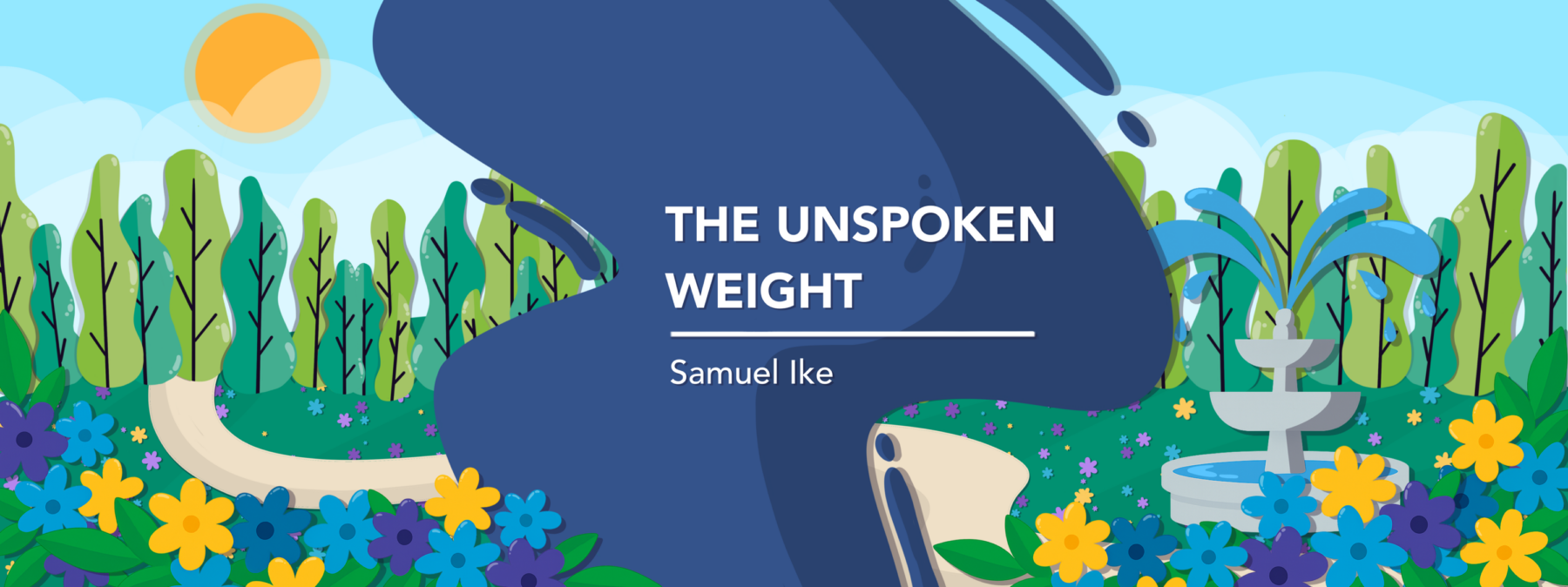Why I sometimes hide my caregiver status from others
Some days I feel like I'm living a double life
Written by |

At my last school reunion, someone asked me, “What do you do?”
“I am a writer and a columnist,” I said.
At the coffee shop the other day, a waitress smiled at me. “Are you having a rough day?”
I shrugged. “I feel so tired.”
Sometimes concerned friends ask me, “How are you?”
“Busy, but good,” I’ll say, even though I might be feeling angry or guilty. I juggle these two emotions on a regular basis. I’ve come to accept them as normal in the course of caring for my mother, who has myeloma.
All my friends and family see is a hardworking man. They don’t see the caregiver side of me. It’s like a secret identity that only a few even know about or remember long after I’ve told them.
That’s why the title of “caregiver” sometimes feels similar to an uncomfortable sweater — the kind that you keep taking off because it’s too scratchy, too tight, too old, too worn-out, or sometimes too much for polite company.
Explaining is exhausting
Whenever I mention the word “myeloma,” I brace myself for:
- the sudden distance (some people suddenly edge away, as if grief were contagious)
- the misspelled pep (“Stay positive, Sam! My cousin beat lymphoma!”)
- the awkward pause (followed by “Is that … cancer? It’s a kind of fever, isn’t it?”)
These are a few of the reasons why, on some occasions, I lie without even thinking. But I don’t lie maliciously; I lie efficiently.
After all, many of the people asking me questions are either distracted, insensitive, or disingenuous, and don’t care to truly understand the reality of myeloma caregiving.
A double life
Caregiving is not a side hustle, but a full-time job. However, you’ll never see those job postings advertised on LinkedIn. In my few years of caregiving, I’ve become a master of:
- The Strategic Vaguebooking: Instead of posting selfies I have taken inside hospitals and pharmacies, I post pictures of sunsets.
- The Vanilla Answer: When anyone asks me how she’s doing, I reply with a broad smile, “My mum’s great. She’s just going through some health stuff.”
- The “Fine” Script: When I take part in discussions about normal problems, I just nod along.
I have grown strong enough to recognize that what I’m doing isn’t shameful; it’s self-preservation.
What hiding costs me
My routine as a freelance writer can be quite hectic. Coupled with my identity as a caregiver, life can easily become stressful and chaotic. But no matter how organized and intentional I am, the math never works.
- More friends drift away instead of coming closer when I whisper, “It’s hard.”
- The loneliness of being “fine” outweighs the discomfort of being real.
- I spend more energy avoiding the truth than I would by just confessing it.
Learning to wear it lighter
These days, I test the waters using different techniques:
- The Boundary: “I would love to talk with you, but not about this today.”
- The Breadcrumb: “I am dealing with some medical issues. When I’m ready, I’ll share more details.”
- The Weather Report: “Cloudy with a chance of ‘scanxiety.’” (Humor can disarm inquisitive people.)
To the caregivers in hiding: You don’t owe anybody the pain you feel. But you don’t have to carry it all by yourself, either. The next time someone asks you, “How are you doing?” try to allow the most authentic answer to breathe, even if it’s only for a moment.
The right people won’t shudder or flinch.
Note: Rare Cancer News is strictly a news and information website about the disease. It does not provide medical advice, diagnosis, or treatment. This content is not intended to be a substitute for professional medical advice, diagnosis, or treatment. Always seek the advice of your physician or other qualified health provider with any questions you may have regarding a medical condition. Never disregard professional medical advice or delay in seeking it because of something you have read on this website. The opinions expressed in this column are not those of Rare Cancer News or its parent company, Bionews, and are intended to spark discussion about issues pertaining to rare cancer.



Mike Verla
Thanks for writing about some of the hidden challenges. I am not a caregiver. Rather, I HAVE Myeloma, and I run into the exact same challenges. Even during the best of times, it's hard to talk about the disease with anyone but my closest confidants. I am the co-leader of a support group and will pass on a link to your article to our members if it's OK with you.